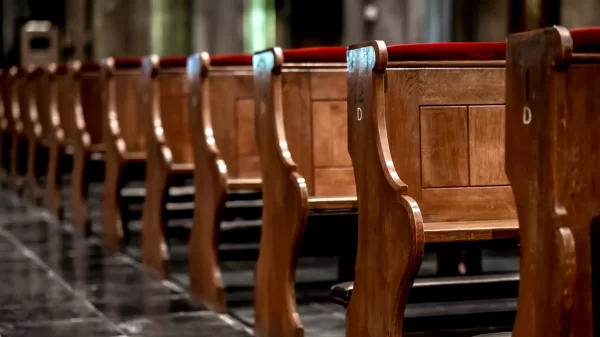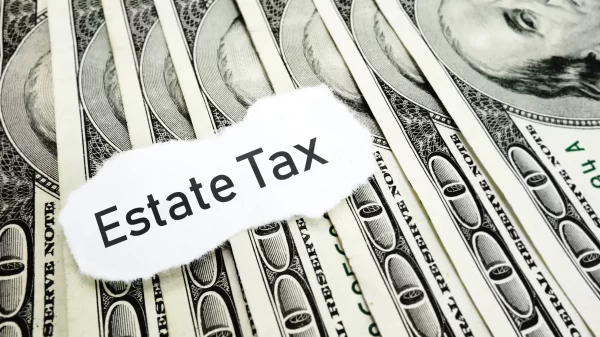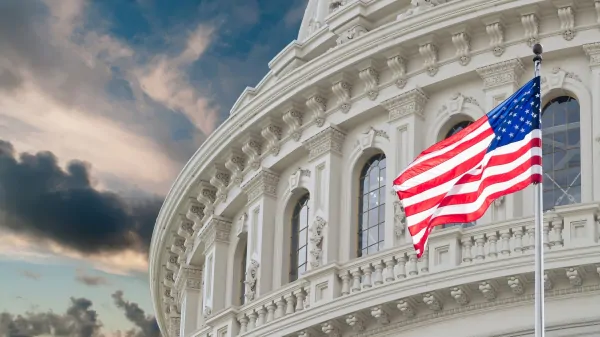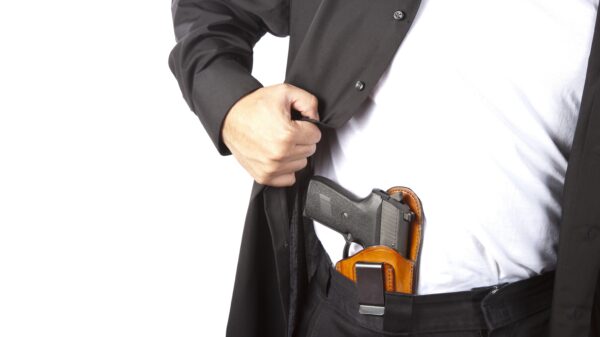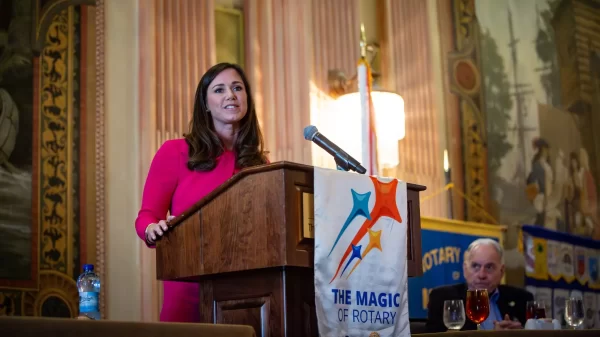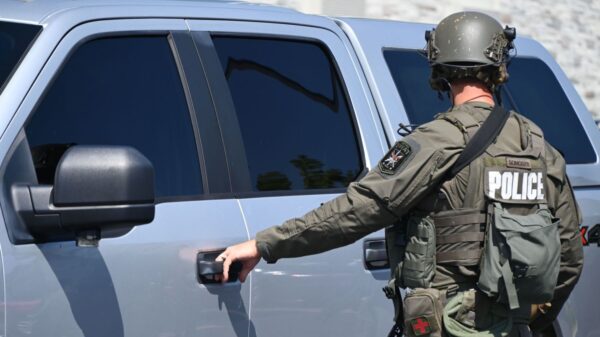By Josh Moon
Alabama Political Reporter
Last week, Barry Matson, the executive director of the Alabama District Attorneys Association, stood before a Senate committee and said flatly that “rumors” of improper civil asset forfeitures in this state were just not true.
He should try telling that line of bull to Jamey Vibbert.
If you’re unfamiliar with the civil asset forfeiture laws of Alabama — and around the country — or if you merely think everything is probably OK because Jeff Sessions, one of the worst people on earth, says they are, let me explain.
Essentially, these laws give law enforcement the ability to seize assets — such as cars, guns, homes, cash, etc. — that it determines has come into the possession of a criminal and because of criminal conduct. For example, the cash was in the criminal’s possession as a result of selling drugs.
So, the cops take that property. Ever been riding down the Interstate and see blue lights flashing on an unmarked car, like a Lexus or a Corvette? The cops likely got that car by way of a civil forfeiture case.
Now, I don’t think anyone has an issue with those seizures, except maybe the criminal. But here’s where the problems arise: there is a very flimsy level of proof that must be met in order for cops to confiscate a person’s property and keep it.
That level of proof falls well short of the usual reasonable doubt standard, and the process for civil forfeitures also turns the innocent-until-proven-guilty standard that’s the backbone of our legal system on its head.
In fact, the system is so, so flawed that it often results in people who are found innocent of charges expending their personal money in a civil trial, in which they sue the government, in order to FORCE the return of their property. And in such a case, the citizen plaintiff is forced to prove why he or she should be entitled to the return of their property.
It might be the most anti-American process in all of government.
And if you doubt this, have a chat with Vibbert.
Several years ago, Vibbert sold a couple of cars to a guy who he’d never met before. The guy walked onto Vibbert’s used car lot, bought two cars and drove away.
A few months later, that guy was arrested for dealing drugs and the cops were at Vibbert’s doorstep. Naively, he cooperated, believing he was helping law enforcement lock up a dangerous criminal.
Instead, those law enforcement agents were building a case against him.
Not necessarily because they believed Vibbert was guilty, but because they wanted the $25,000 in cash that had been paid to him. And they only wanted that cash after they learned that seizing the two cars from the drug dealer would cost them about as much as the cars were worth, according to Vibbert, who recently wrote an op-ed for al.com.
So, they arrested Vibbert and seized his money.
A few months later, he was found not guilty. During that trial, he said the judge stated on the record that he didn’t believe the civil forfeiture laws should extend to Vibbert.
But that didn’t deter the state, which refused to give the money back. Which seems odd, given the very transparent system that Matson told lawmakers about — the one that prevents such injustices.
Vibbert was forced to sue. And by the time he got his money back, Vibbert, the three-time “Ambassador of the Year” for the Dothan Chamber of Commerce, was out about $300,000 and had lost his business.
How could such a thing happen?
Easy answer: Money.
Police departments and sheriffs’ offices around the state have come to rely on asset seizures as a means to fund certain things, such as drug task forces. With budgets so tight and this conservative state unwilling to raise taxes to support anything, they’re in a crunch.
So, instead of raising taxes, they’re sacrificing personal rights. And the willingness to do so, while justifying it by citing money is more than a tad concerning.
An op-ed written by the presidents of the DAs Association and the Sheriffs Association literally asks this question: “What incentive would local police and sheriffs have to invest manpower, resources and time in these operations if they don’t receive proceeds to cover their costs?”
Ummm, the incentive of fighting crime?
I’m sorry, but you can’t justify every action by pointing to the pile of money it produces. Because, and try to follow me here, that’s sort of what criminals do.





















